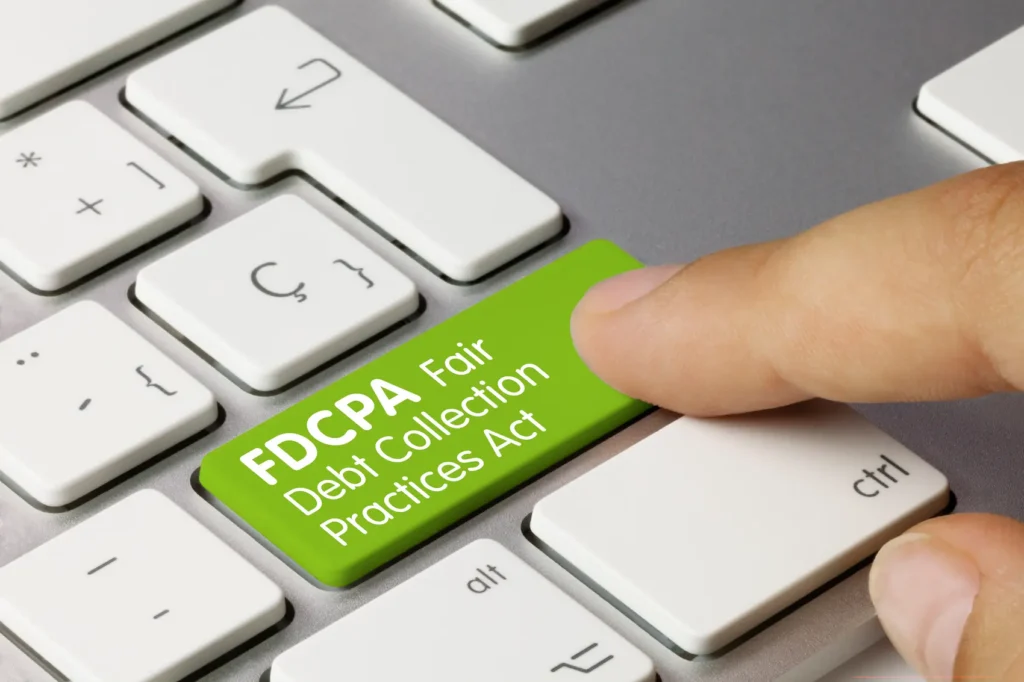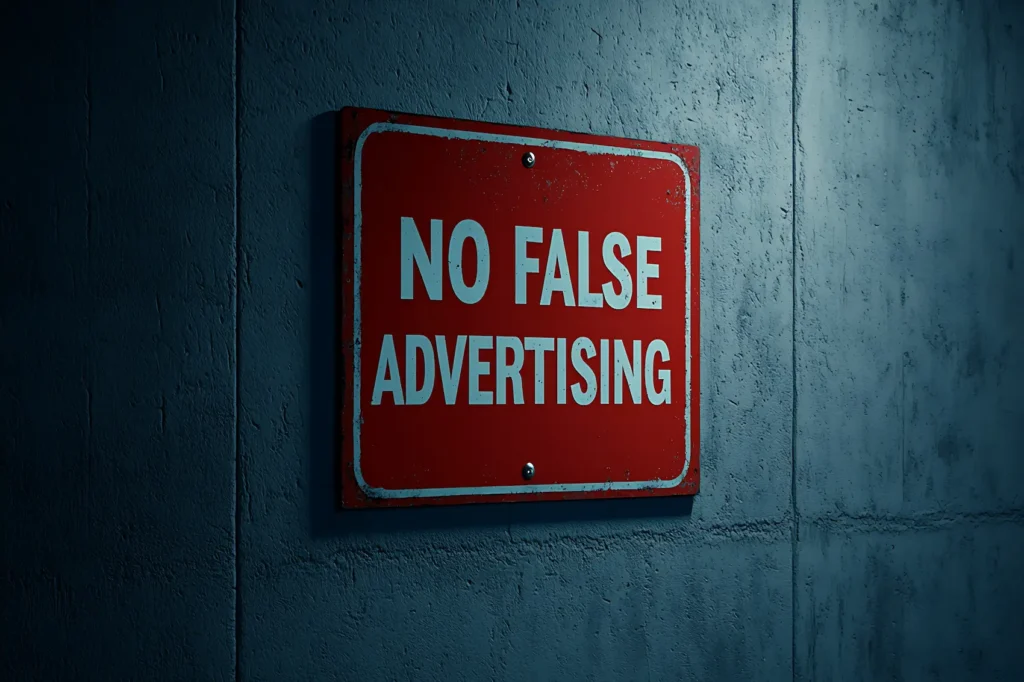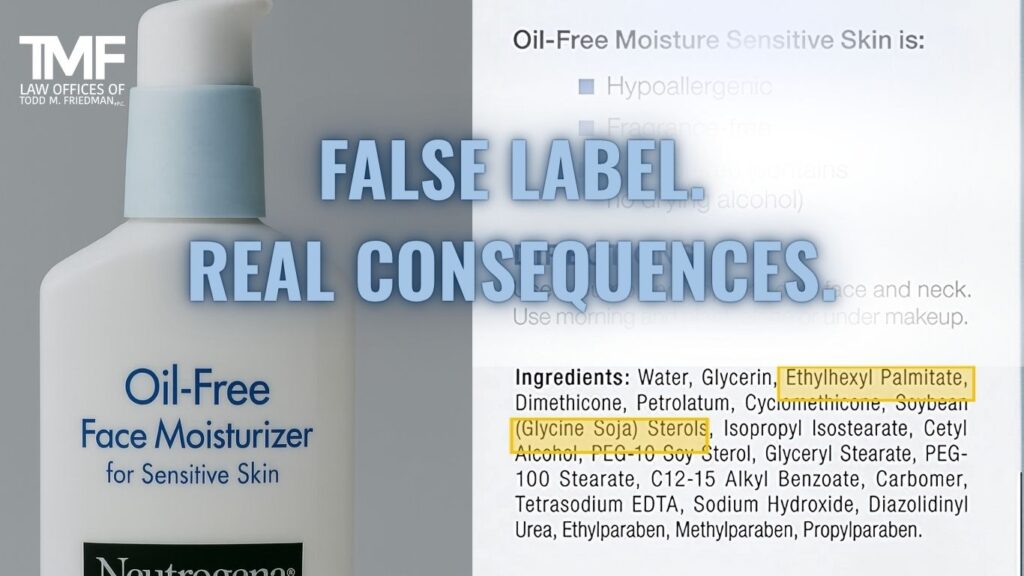If a debt collector has used profanity or yelled at you, do not get upset, get even! According to the Fair Debt Collection Practices Act, (FDCPA) debt collectors are not allowed to curse at you when attempting to collect a debt. Consequently, it is against the law for debt collectors to verbally abuse you by screaming at you, threatening you, cursing at you or calling you names. If a debt collector is proven to be in violation of the law, you may be entitled to compensation resulting from their bad behavior/
In addition, debt collectors can’t make threats that they aren’t empowered to carry out, such as threatening to have you arrested if you don’t pay-up.
If you have been harassed by a debt collector, please give my office, The law Office of Todd M. Friedman a call today at (877) 449-8898


















